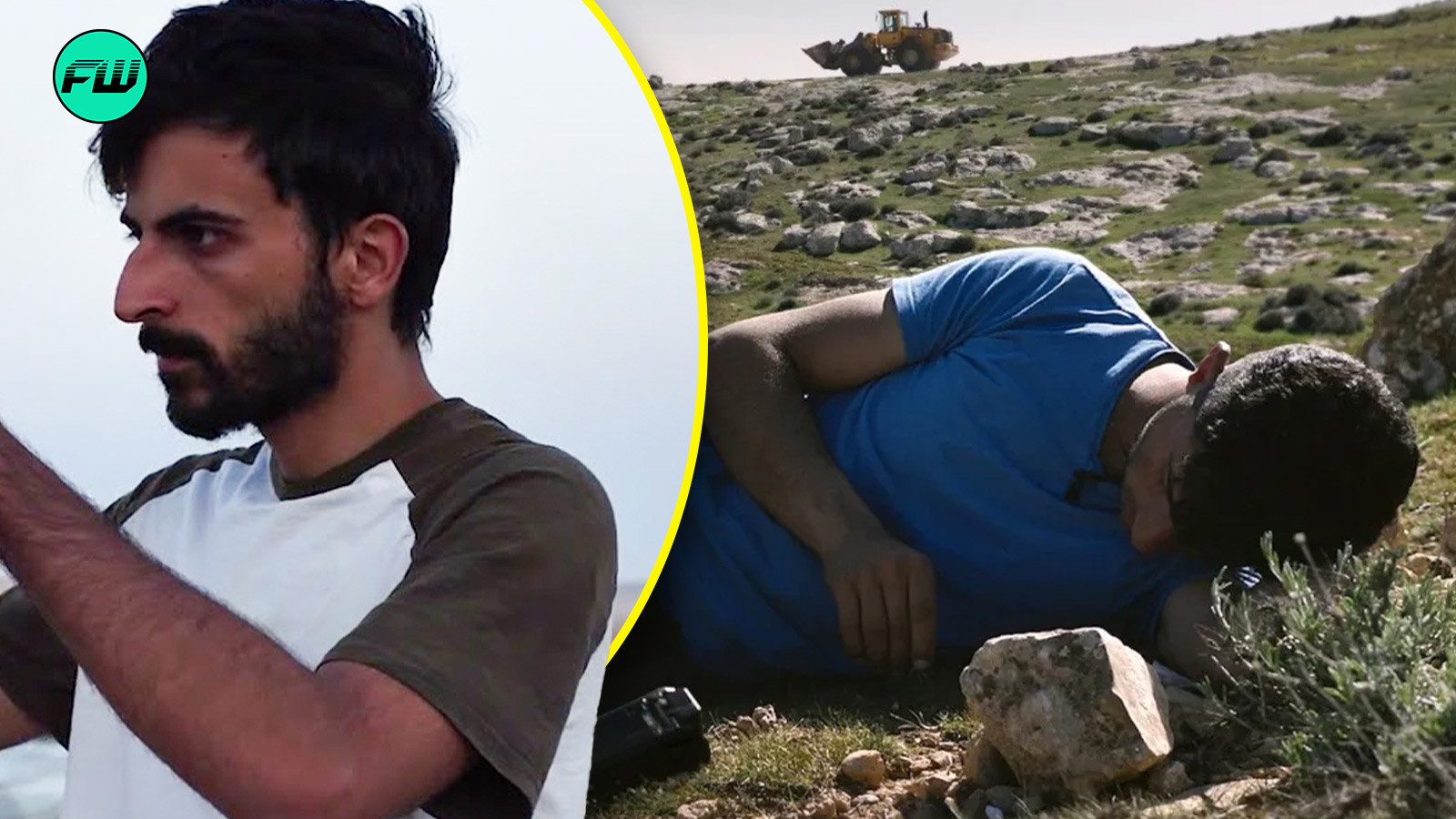
In a shocking turn of events that has left the film community buzzing with concern, Hamdan Ballal, one of the four brilliant minds behind the Oscar-winning documentary No Other Land, found himself caught in a frightening situation earlier this week.
The Palestinian filmmaker was reportedly attacked by Israeli settlers and then detained by Israeli authorities in the occupied West Bank, sending ripples through Hollywood and beyond.
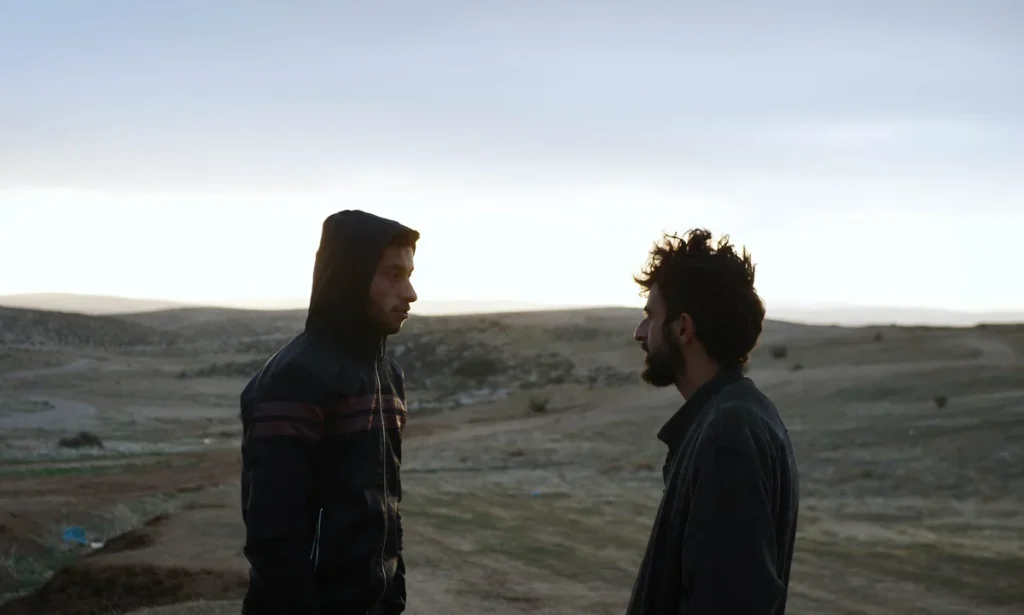
The incident, which unfolded on Monday in the small village of Susya within the contested Masafer Yatta area, has raised serious questions about filmmaker safety and the ongoing tensions in the region.
Just weeks after celebrating his documentary’s triumph at the 97th Academy Awards alongside co-directors Yuval Abraham, Basel Adra, and Rachel Shore, Ballal now finds himself at the center of a troubling international incident that’s quickly gaining global attention.
The attack: Conflicting accounts
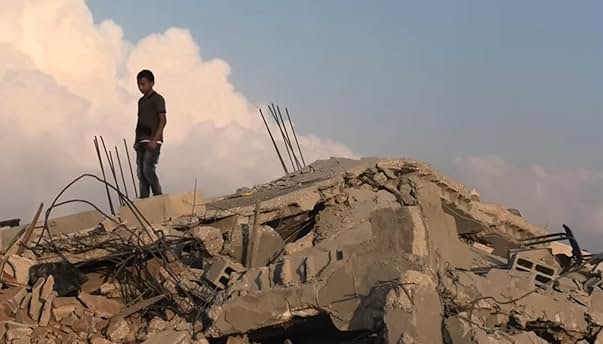
So what actually went down in Susya that Monday evening? Well, that depends entirely on who you ask. According to five Jewish American activists from the Center for Jewish Nonviolence who were there to witness everything, the scene was nothing short of chaotic.
They describe 15 armed settlers, many wearing masks, swooping into the village around 6 p.m. local time and going on what they call a rampage – attacking homes, destroying water tanks, and even stealing security cameras.
These activists claim Hamdan Ballal was specifically targeted, with settlers surrounding his house and assaulting him until he was bleeding from injuries to his head and stomach.
They didn’t stop there, apparently – witnesses say the attackers demolished Ballal’s car, smashing all the windows and slashing at least one tire. The activists themselves weren’t spared either, claiming they were attacked with sticks when they tried to document what was happening.
Basel Adra, who co-directed No Other Land with Ballal, painted a particularly vivid picture to The Guardian, calling the scene “horrific” and alleging that Israeli soldiers and police stood by while settlers wielded weapons and attacked Palestinian homes.
Hamdan tried to protect his family and the settlers attacked him. Soldiers started shooting in the air to prevent anyone to help Hamdan. He was shouting for help. They let the settlers attack him and then the army abducted him,
Adra explained the events in his account.
Detention and aftermath
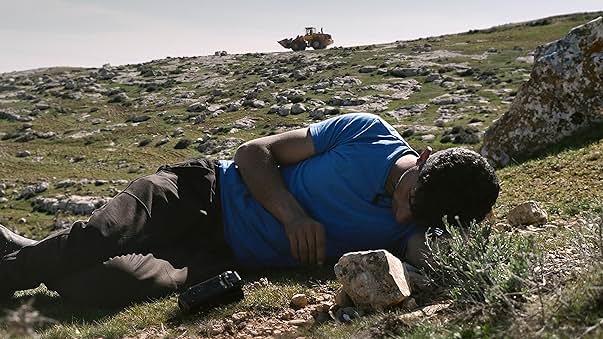
Here’s where things get even more complicated. According to Yuval Abraham, another co-director of the film, Ballal was bleeding and injured when soldiers allegedly stormed the ambulance that had arrived to treat him. Just imagine that scene for a moment – a wounded man being taken from medical care into detention.
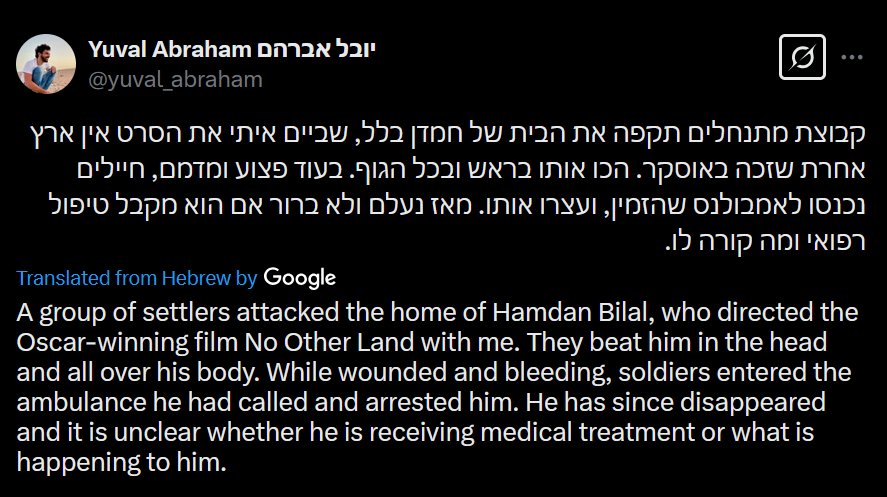
The Israeli Defense Forces (IDF) have their own version of events, of course. Without specifically naming Ballal, they confirmed detaining
three Palestinians suspected of hurling rocks at them, as well as an Israeli civilian
who was involved in what they termed a “violent confrontation.” They claim rocks were thrown at security forces who arrived to diffuse the situation.
As we speak, Ballal is reportedly being held at a police station somewhere in Israel, though nobody seems to have clear details about his condition or when he might be released. It’s worth noting this isn’t the first time the No Other Land team has faced trouble – co-director Adra was similarly attacked by settlers just last February.
The group of armed KKK-like masked settlers that lynched No Other Land director Hamdan Ballal (still missing), caught here on camera. pic.twitter.com/kFGFxSEanY
— Yuval Abraham יובל אברהם (@yuval_abraham) March 24, 2025
Many are wondering if there’s a connection between these incidents and the film’s subject matter.
Maybe it’s revenge for the movie and the Oscar,
Adra suggested to The Guardian, pointing to the documentary’s unflinching look at Palestinian displacement in the West Bank. The film has been a lightning rod for controversy since its release, tackling the sensitive issue of Israeli settlements in territory that international law considers illegally occupied – though Israel has always disputed this characterization.
With violence in the region escalating since the Israel-Hamas war erupted in 2023, this troubling incident adds yet another layer to an already complex situation that has filmmakers, human rights advocates, and diplomatic circles watching closely for what happens next.
This post belongs to FandomWire and first appeared on FandomWire

